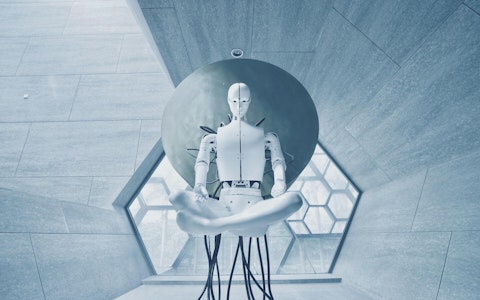
At the Virtues in the Digital World Conference at Oriel College, Oxford (hosted by the Jubilee Centre for Character for Character & Values), OCP Research Fellows Dr Matthew Kuan Johnson and Dr Lani Watson presented the paper "The Virtues and Vices of Life 'Close to the Machine.'"
Abstract: Much has been written, speculated and predicted about artificial intelligence (AI) and its capacity to replicate and simulate human intelligence. Much less has been said about causation in the other direction. While the advent of humanoid robots and machine learning algorithms modelled on human neurological systems exemplify AI and digital technologies formed in the image of their creators, it is also possible that working on these technologies can form creators in the image of their technological creations. In this paper, we examine the characterological effects of human-machine proximity from a virtue-theoretical perspective. We investigate both the virtues and vices that may be cultivated in those creating and working closely with technology and issue a call for more empirical work on the characterological effects of human-machine proximity, providing greater insight into the urgency and scope of this concern.
Dr Johnson also presented another co-authored paper at the conference with Dr Rachel Siow Robertson (Cambridge) entitled "A Virtue Theoretical Approach to Honesty and Online Agency."
Abstract: This paper provides a virtue theoretical framework for understanding the development and use of the virtue of honesty (truth discovery and truth-bearing) in the online context. We first explore how the online context enables new types of agents and agency, and how the virtue of honesty works in each type. We then consider situations where one may be motivated to be honest, but online structures and inequalities make honesty difficult or impossible. We suggest that affected individuals can address this challenge with the kinds of non-Aristotelian virtues called for in situations of structural oppression (the “burdened virtues,” following Tessman 2005).